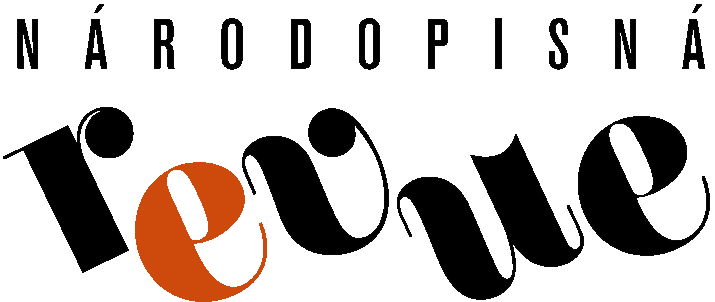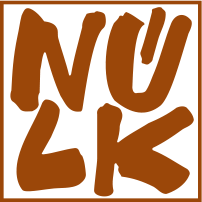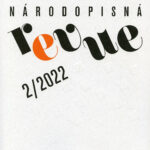Studies on the Subject of “Cultural Heritage”
From Folklore to Living Heritage: On the Development of UNESCO’s Contribution to the Safeguarding of the Intangible Cultural Heritage (Rieks Smeets)
Languages and Dialects as Part of Regional Identity and Cultural Heritage (on the Example of the Czech Republic) (Marta Šimečková)
On Research and Access to Cultural Heritage in Slovakia on the Example of the Process of Writing an Ethnochoreological Monograph (Katarína Babčáková)
Off-Topic Studies
The Economic Impact of the First Two Years of the Covid-19 Pandemic on Czech Culture (Jaroslav Novák)
For all content click the button CONTENTS.
From Folklore to Living Heritage: On the Development of UNESCO’s Contribution to the Safeguarding of the Intangible Cultural Heritage
Rieks Smeets
The adoption in 2003 of the Convention for the Safeguarding of the Intangible Cultural Heritage was the major milestone in UNESCO’s action concerning intangible or living heritage (initially called folklore) that started more than fifty years ago. That Convention replaced the not entirely successful 1989 Recommendation on the Safeguarding of Traditional Culture and Folklore, the first UNESCO legal instrument in this domain. This study presents aspects of a large number of dedicated expert and statutory meetings that contributed to these texts and in UNESCO programmes such as the Living Human Treasure programme and the Proclamation of Masterpieces of the Oral and Intangible Heritage of Humanity. It tries to give an insight in the changing objectives and discourse with which experts, states and UNESCO contributed to this long history. That evolution is illustrated by the constant change in name and definition given to the subject matter itself (from “folklore” to “living heritage”) and by the changing objectives of all this action. Special attention is given to the preparation of the 2003 Convention, to its implementation after its entry into force in 2006, and to the new objectives that its Governing Organs, guided by UNESCO, have been trying to provide it with. Where appropriate, reference is made to contributions from Czech experts and the Czech Republic.
Languages and Dialects as Part of Regional Identity and Cultural Heritage (on the Example of the Czech Republic)
Marta Šimečková
The aim of the paper is to determine whether languages and their territorial dialects are intangible cultural heritage or not. Excerpts from the Convention for the Safeguarding of the Intangible Cultural Heritage have been argued, as well as specific entries on the UNESCO lists, in which languages and dialects appear as intangible cultural heritage independently or as part of more complex items. The definition of intangible cultural heritage, as formulated in the aforementioned Convention, has been found to entirely correspond to the nature of dialects – these are considered by the general public as part of cultural heritage, passed down from generation to generation, reshaped by various threatening factors, and they provide people with a sense of identity and continuity. Several options for the preservation of dialects in terms of their documentation and presentation by dialectologists and laypersons were presented. At the same time, attention was drawn to potential consequences of active protection through legislation channels, especially to the undesirable conservation of a certain state without taking into account natural language development and to the need for canonization leading to the creation of an artificial language hyper-standard.
On Research and Access to Cultural Heritage in Slovakia on the Example of the Process of Writing an Ethnochoreological Monograph
Katarína Babčáková
The paper presents an example of methodological approach to ethnochoreological research and exploitation of material in a monographic publication in the field of applied ethnochoreology. The methodological approach was based on ethnochoreological and ethnomusicological archival, rescue and return qualitative field research on dance-singing expressions that are functionally connected with the calendar cycle and that disappeared in Slovakia during the 20th century. The research results were subjected to a contextual analysis inspired by the methodological approach of dance and symbolic anthropology. In order to potentially apply scientific knowledge to the practice of formal and non-formal education, it also presents a proposal for a methodological procedure by implementing the knowledge of constructive dance pedagogy. The introduction reflects the broader context of the state of ethnochoreological research and education in folk dance in Slovakia.
The Economic Impact of the First Two Years of the Covid-19 Pandemic on Czech Culture
Jaroslav Novák
The article deals with negative economic impact of the COVID-19 pandemic and related countermeasures on the Czech culture. It proceeds from statistical data treated by the National Information and Consulting Centre for Culture (NIPOS) and the Czech Statistical Office. It compares 2020-2021 economic achievements of culture with the period before the pandemic. It demonstrates that the biggest losses caused by the drop in attendance to cultural activities were suffered by performing arts and cultural heritage. The immediate cause consisted in the restriction on the movement of people, which had a negative impact particularly on tourism. In view of the fact that domestic and inbound tourism affect the attendance of cultural events roughly equally, the article also pays attention to the relationship between culture and tourism. Culture is not a homogeneous entity. Along with activities aimed at the audience in a given place and time, it also includes market-oriented industries (press, media), and for this reason the impact of the pandemic on culture is not unambiguous. In contrast to the financial and economic crisis of 2011-2013, when market-oriented cultural disciplines were affected more than performing arts and cultural heritage, the opposite is the case during the pandemic. In the Czech Republic, the decline in total financial resources entering culture was accompanied by a decrease in household spending and, conversely, an increase in public spending on culture. In the case of both sources of finance, however, the portion of spending on culture in total expenditure decreased. Analysis of available data shows that the economic impact on cultural heritage and performing arts in the first two years of the pandemic is more than CZK 10 billion.



